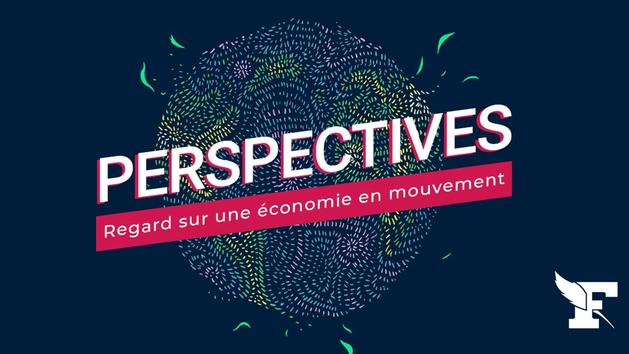"My real opponent is the world of finance". It was one of the most striking phrases of the 2012 presidential campaign. Pronounced by François Hollande, it illustrates the complex relationships between finance and the political world.
In this fourth episode, the series "Perspectives" returns to the place of politics in our economy, and in particular in the green transition that is taking place. What are its levers for action? What relationships does it have with the business world? Is it doing too much or not enough?
After having disappeared behind the private sector, politics has come back in force following the 2008 crisis. The intervention of states and central banks has indeed made it possible to prevent the economic system from collapsing . More regulation was needed to create safeguards.
The State can, in fact, by its action, stimulate the movement, change the behavior of the different economic actors so that they are more virtuous. In particular through the law. A necessity in the design of a new economy, greener, more respectful of stakeholders.
Two texts thus made it possible to set important milestones. The 2011 Copé-Zimmermann law which required that at least 40% of the members of the boards of directors of large companies be women (compared to less than 10% in 2007). The Pacte law, which last year defined the status of a company with a mission, and made it possible to rethink the place of the company in society.
Danone thus became one of the first CAC 40 mission companies last month, with the approval of more than 99% of its shareholders.
But states cannot act alone. COP 21, which helped define a new roadmap to save the planet, had a key role in this regard. Because it showed how the action of governments, companies and financiers were linked and dependent on each other.
To address these subjects, we gave the floor to several key players in the economy, including Fréderic Samama, in charge of responsible investment at Amundi, Bertrand Badré, former number 2 of the World Bank, Alain Grandjean, president of the Nicolas Hulot Foundation, Fanny Picard, founder of Alter Equity or Rodolphe Durand, professor at HEC.
“Outlook: a look at a changing economy”, a series by David Federmann and Keren Lentschner in six episodes, to be found on all podcast platforms (Deezer, Spotify ...).

